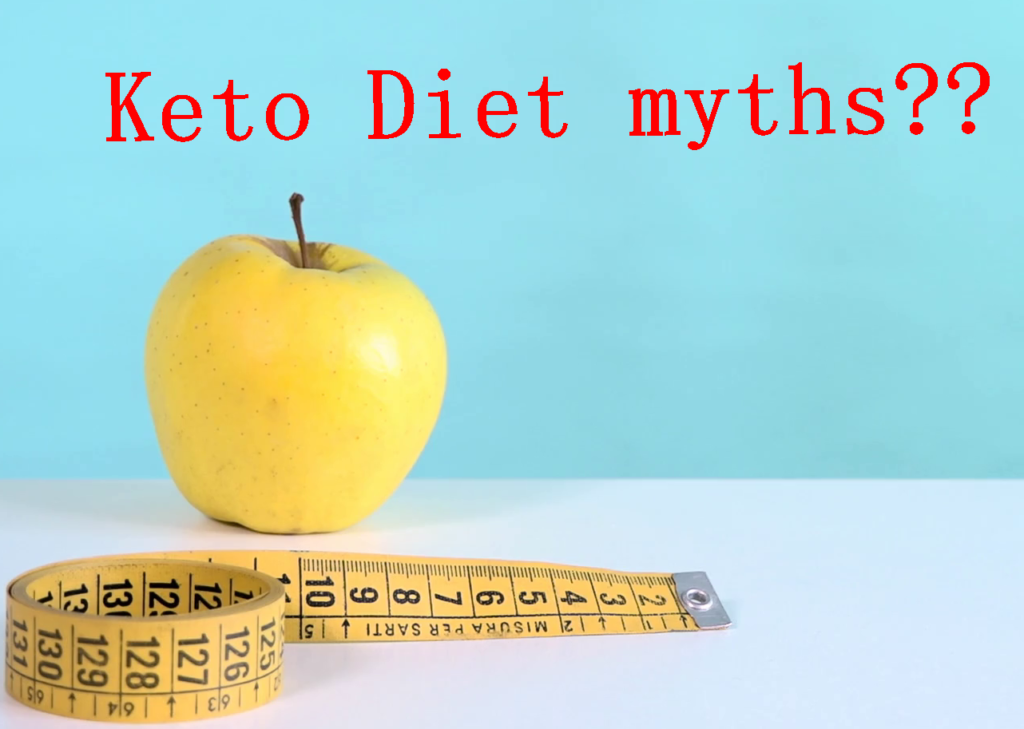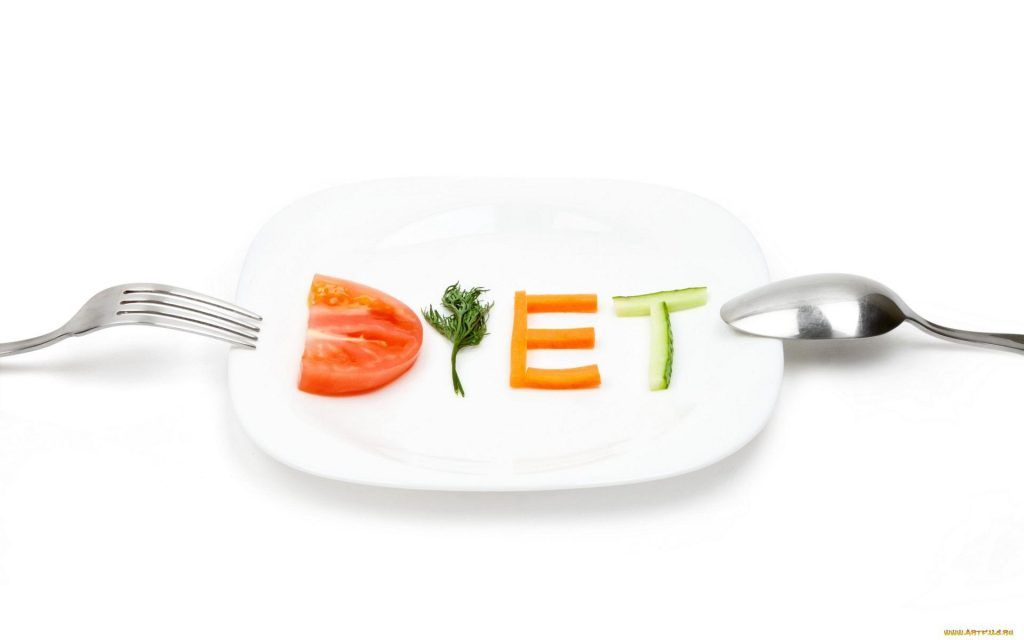The keto diet is gaining a lot of attention among the fitness people. Keto diet or Ketogenic diet is high in fat and low in carbohydrates. It triggers ketosis, the process also involves ketones that circulate in the body and are a substitute for carbs. Though functioning of this diet seems fairly simple, there is still a lot of confusion about it. Here are some myths related to keto diet that you need to know:

• It is a long-term solution
People who love fatty foods can give up carbs very easily and maintain the keto diet for a long time. But this diet should not be followed for a long period as the longer you follow the diet the risk of muscle loss increases. Apart from the loss in strength and muscle tone, it also decreases the lean muscle mass which further results in declined metabolic rate.
• You can take any type of fat
In Keto diet, people often think that they can freely eat foods such as sausages, bacon and ham. But experts say that these foods should be replaced with walnuts, flax seeds and fish instead of simply reducing total fat consumption. You could attain the maximum amount of fat in your food from high-quality extra virgin oil, fatty fish, seeds, and nuts.

• Ketosis and Ketoacidosis are same
While doing ketosis you put your body into a fat burning mode where the body does not have enough glucose for energy and burns stored fats instead – it can only happen once your body is producing ketones. Ketosis and ketoacidosis are two completely different things. Ketoacidosis is a state in which the body’s blood is highly acidic and is most often witnessed in people with diabetes. In fact, ketoacidosis is a life-threatening condition.
• It is a high protein diet
Most of the diets encourage the consumption of protein for losing weight quickly, but the keto diet does the exact opposite. The people who maintain ketosis are recommended to reduce rather than increase the protein intake. This is one of the most dangerous misconceptions about the diet. Probably, because when the protein levels get high, it can lead to a rise in ketones. For a person on a keto diet, who already has eminent levels of ketones in their bloodstream, it can make the body enter ketoacidosis.


